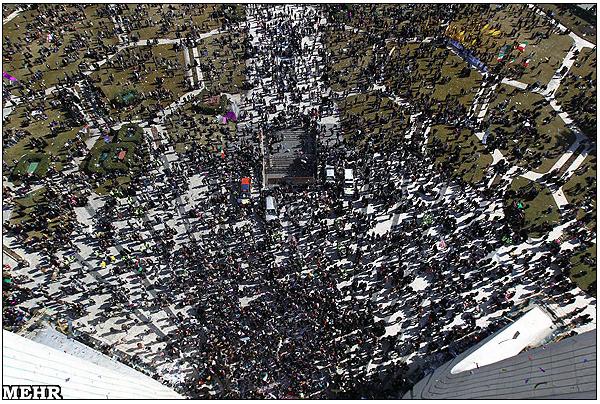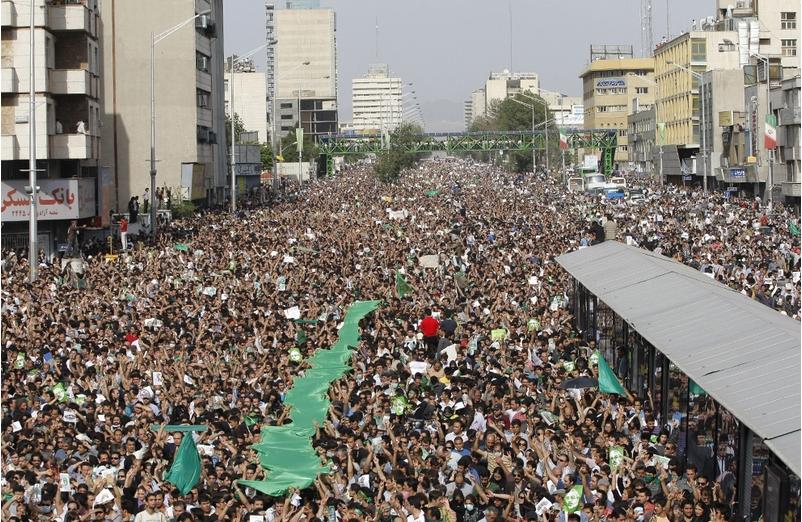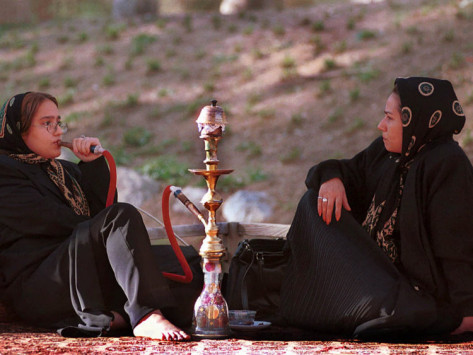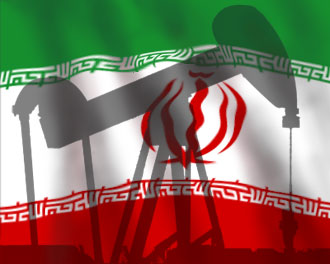 Faezeh HashemiLast week women's rights activist Faezeh Hashemi, the daughter of former President Hashemi Rafsanjani, was sentenced to six months in prison and a five-year ban on political, cultural, and media activities on charges of "spreading propaganda against the ruling system". The next day, the passports of the family of Mehdi Hashemi, Rafsanjani's son, were seized at Imam Khomeini International Airport outside Tehran.
Faezeh HashemiLast week women's rights activist Faezeh Hashemi, the daughter of former President Hashemi Rafsanjani, was sentenced to six months in prison and a five-year ban on political, cultural, and media activities on charges of "spreading propaganda against the ruling system". The next day, the passports of the family of Mehdi Hashemi, Rafsanjani's son, were seized at Imam Khomeini International Airport outside Tehran.
Analyst Yasmin Alem speaks to The Iran Primer of the US Institute of Peace about the apparent campaign against the Rafsanjani family:
Why was Faezeh Rafsanjani charged?
Hashemi is the most politically active of former President Rafsanjani's children. She is a prominent social activist and leading Islamic feminist. A supporter of presidential candidate Mir Hossein Mousavi in the 2009, she participated in a number of opposition rallies after the disputed poll. Ms. Rafsanjani was arrested and briefly detained by security forces on two occasions and barred from travelling abroad.
But her conviction on 2 January 2012 stems from an interview with Rooz Online, an opposition online newspaper. The interview was conducted after she was harassed by plainclothes security agents in April 2011. She told the opposition news website that “thugs and hooligans” were running the country.
She was subsequently accused and convicted of “insulting Islamic Republic officials". She was sentenced to six months in jail and banned from membership in any political organization as well as taking part in online and media activities for the next five years. Hashemi is likely to file an appeal. While she may be able to get her jail sentence overturned, the ban on her political activities is unlikely to be lifted.
Her sentence reflects the longstanding rivalry between two of the Islamic Republic’s founding fathers: former President Rafsanjani and Supreme Leader Ayatollah Ali Khamenei. The two men have jockeyed for the upper hand—and the country’s political direction—since the death of revolutionary leader Ayatollah Khomeini in 1989. Hashemi’s conviction is another way for the supreme leader to pressure his political rival at a time when Rafsanjani is already at the nadir of his power.
Click to read more ...

 Saturday, February 11, 2012 at 18:47
Saturday, February 11, 2012 at 18:47






